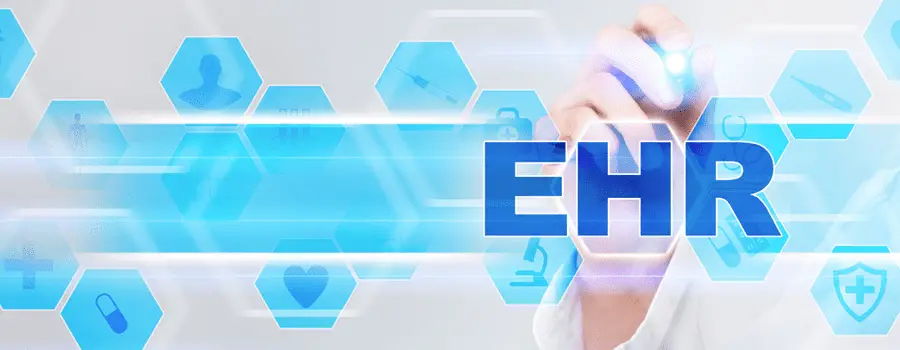An electronic health record (EHR) is an advanced adaptation of a patient’s paper graph. EHRs are constant, patient-focused documents that make data accessible in a second and safely provide the data to clients. The graph contains the medical history of patients. EHR framework offers an opportunity to gather past clinical information present in a supplier’s office and give a comprehensive view of patient care.
EHR provides health care information in a digital format that can easily share with more than one health care organization, pharmacies, and specialists. So, the Electronic Health Record contains all data from all clinicians associated with a patient’s care.
Electronic Health Record delivers:
- Patients Medical History, treatment plans, test outcomes, and Radiology pictures.
- Computerize work process.
- Permit access to confirm based apparatuses that suppliers can use to settle on choices about a patient’s care.
- Health Care Professional and Surgeries information.
- Hospitalization Records.
EHR Standards:
EHRs have fundamental specialized capacities and security shields. Another reason for standards is to help encourage interoperability. The health IT group has just made the accompanying interoperability measures:
- Health Level Seven International (HL7), used to transfer clinical and regulatory information.
- Quick Healthcare Interoperability Resources (FHIR), an online arrangement of devices that falls under HL7.
- Brilliant Health IT, a platform that empowers individuals to make applications that can stumble into a human services framework, including EHRs.
Advantages of Electronic Health Records:
EHRs have the capacity to trade health-care data electronically can assist you with giving higher caliber and more secure consideration for patients while making substantial upgrades for your association. EHRs provide better manage care for patients and offer better social insurance by:
- Providing precise, modern, and complete data about patients.
- Empowering fast access to patient records for more effective care.
- Safely imparting electronic data to patients and different clinicians
- Helping suppliers by providing lessen clinical blunders and give more benign awareness.
- Empowering more privacy and security to patient data.
- Assisting suppliers to improve efficiency and work-life balance.
- It also offers a personal view of patient health information.
- Diminishing expenses through enhanced security decreased duplication of testing and improved health.
EHRs and security:
Electronic Health Records provide security and privacy to individual health documents. EHRs based on Health Insurance Portability and Accountability Act (HIPAA). Health Insurance Portability and Accountability Act (HIPPA) is divided into two further rules: Privacy rule, which provides protection to the medical record and other personal health information (PHI) while Security rule provides electronic personal health information (ePHI).
Electronic Health Records also has other security features incorporated with the platform like Access control tools, Encryption, Audit trail system, and much more.
Future of Electronic Health Record:
No doubt, this system provides many facilities, but there is a need for more development. Advancing in medication and reducing the data entry burden is desperately needed. Empowering better patient commitment and offering more patient care delivery is required for the future. According to the new report, more than 80% of the doctors used this system, which shows a bright future of EHR.



